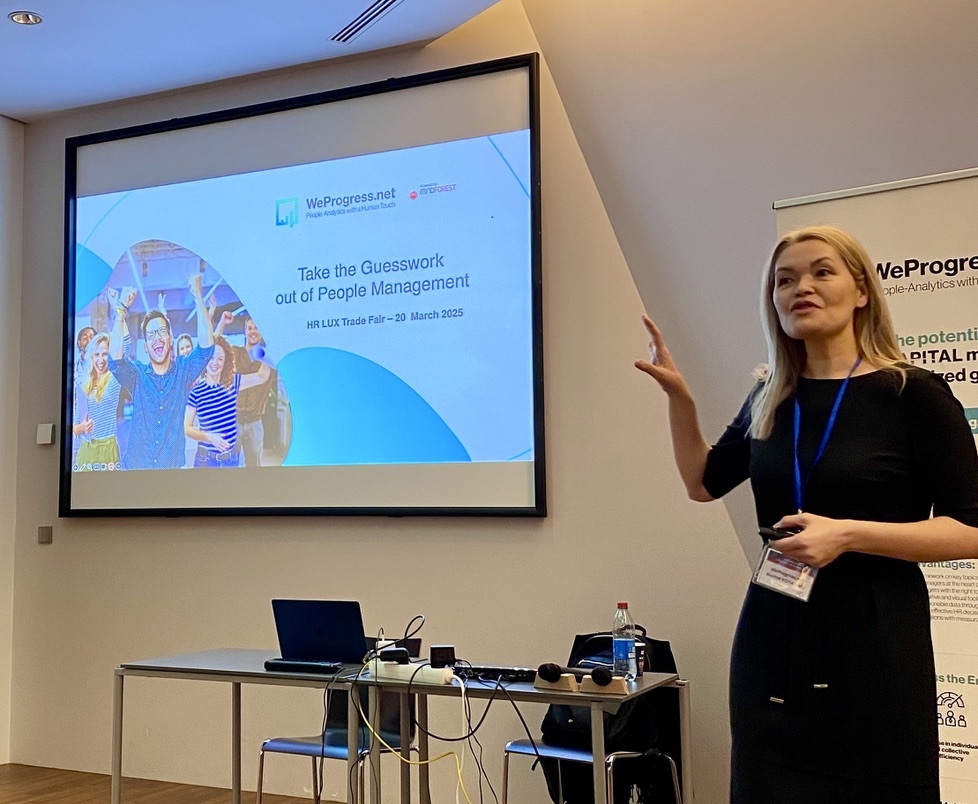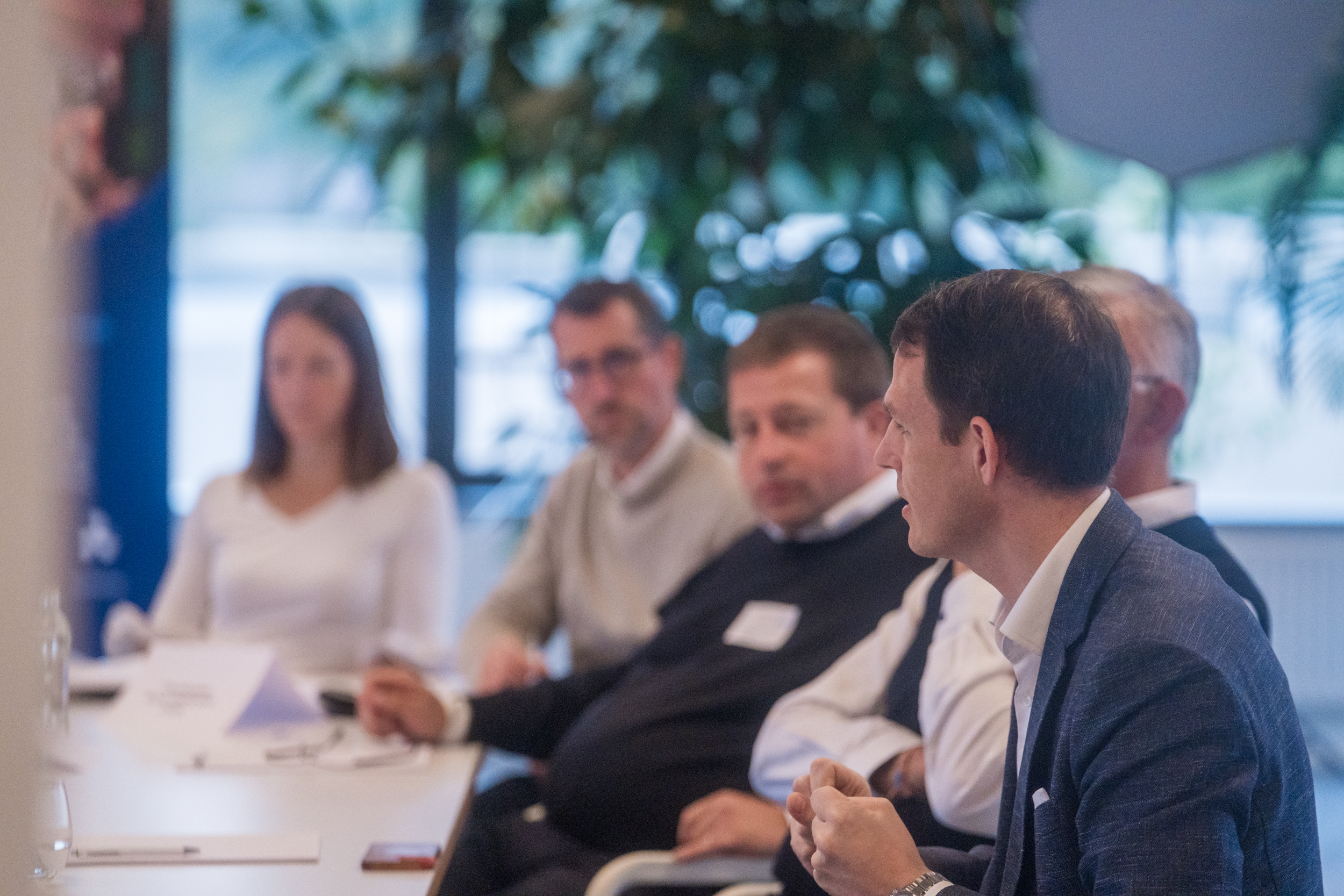Team Building – Promote remote team cohesion!
Remote work, and more particularly teleworking, is becoming more widespread with the development of new digital tools. This choice has many advantages for both the company and its employees, but there are also consequences that should not be overlooked.
Indeed, telework does not favour the development of interpersonal relations, interactions between colleagues or with their hierarchy, it actually slows down direct communication and employees may feel a sense of compartmentalisation and isolation from their work environment. This may in turn lead to a loss of insight into collective objectives, reduced knowledge sharing and, above all, has many potential negative implications for the loss of corporate culture.
In order to mitigate these consequences, the role of organisations and therefore of direct managers is to encourage a feeling of belonging to a team, for example by:
– Cultivating optimism (positive spirit, humour);
– Cultivating team spirit;
– Taking advantage of remote opportunities to develop the team.
The primary objective is therefore to create and maintain team cohesion. To achieve this, it is necessary to refer to the most widely accepted definition of team cohesion: “Team cohesion is the result of all the forces that act on the members to make them join and stay in a group, which encourage them to participate and cooperate, to nurture a sense of solidarity“.
The manager’s role is therefore to coordinate, monitor tasks and assess the work of his/her team members from a distance, but (s)he must also encourage interaction and adopt a transparent style of communication, so that close links can be formed and maintained between them even at a distance.
To do this, there is a simple tool you can use: Team building.
Whether at a distance or in a physical meeting, this solution brings team members together by proposing activities aimed at activating and strengthening ties in order to create a professional environment that is conducive to team cohesion.
In the context of telework, the periodicity of these activities, the how and when to implement them should be taken into account.
It is therefore advisable to plan team meetings by setting up team building routines on a repetitive and regular basis.
These practices will support the sharing of common values, the definition of common objectives, a clear assignment of roles and missions for each team member, as well as clear and transparent communication, and thus ultimately promote a healthy social climate and a sense of belonging to the group. All of these factors will enhance good team cohesion, even if the members of a team are physically separated.
The benefits of improved cohesion are multiple both for the manager and the company, namely:
– Better collaborative work;
– A better understanding of each other;
– An increase in team productivity;
– An increase in team motivation and commitment.
Here are a few examples of activities that are easy to implement:
Aim of the activity | What/how? | When? |
Allows the team to multiply interactions | An amusing online activity like Pictionary/blind test (free via the Internet) | At the end of a team meeting, virtual coffee break |
Virtual Escape Game | A Friday before the start of the weekend | |
To encourage knowledge sharing/problem solving/working together | Cross-team project (learn more about what your colleagues do, about their problems, about the deadlines attached to each task. By gaining a better understanding of each other, you work better together) using a visual collaboration software such as Miro
| At the end of a team meeting |
A call with the team (to brainstorm with the whole team about future tasks. Finding solutions together, preparing projects etc.) once a week | Team meeting | |
Weekly talk (to announce the week’s figures, progress on projects and other tasks) via a video conference, once a week at the same time | Virtual break | |
Help people to get to know themselves better | Simulation activity “arriving at work” (open a video conference channel during the first working hour.) No one has to participate, but everyone can drink a coffee together and enjoy an informal discussion. | At the start of the day |
Icebreaker (today’s weather – allows everyone to talk about how the feel) via video conference, visual collaboration software or collaborative communication channel. | At the start of a meeting or collective break/virtual coffee break | |
Afterwork via video conference or collaborative communication channel | At the start of a meeting or collective break/virtual coffee break |
To sum up, the concept of team building means having regular fun together as a means of promoting better teamwork and of course this also applies to the virtual world.
Let us help you
WANT TO RECEIVE OUR LATEST THOUGHT LEADERSHIP CONTENT?
Related posts
 Take the Guesswork out of People Management
Take the Guesswork out of People Management
 From processes to people: achieving quality
From processes to people: achieving quality
 Daring to lead Positive Transformation: What if Positive Emotional Capital was your key to sustainable change?
Daring to lead Positive Transformation: What if Positive Emotional Capital was your key to sustainable change?
 Why hire Change management professionals? We can do it alone!
Why hire Change management professionals? We can do it alone!
 Digital Transformation and Change Management: Lessons shared in an event hosted by Cebi and MindForest
Digital Transformation and Change Management: Lessons shared in an event hosted by Cebi and MindForest



